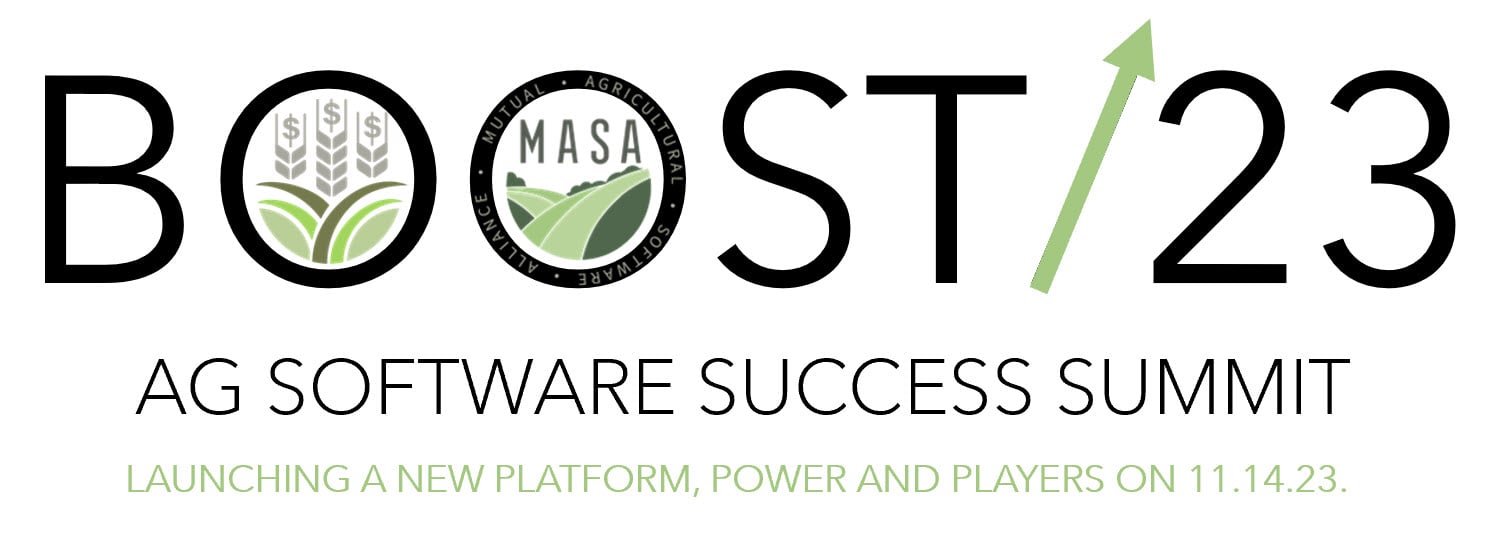
The November 2013 issues of Farm Futures Magazine is packed with valuable tips for guiding you to the financial future of your farm.
Beginning with the basics, the article, “Finding your balance,” quotes University of Illinois economist Paul Ellinger, who recommends using the Farm Financial Standards Council (FFSC) as a resource for preparing balance sheets. It’s hard to fathom that there are still commercial farmers who aren’t familiar with this most fundamental financial statement, but undoubtedly many have never been formally taught how to prepare them. Again, the FFSC is a great resource, especially to understand the wide discrepancy between such processes as timing, cash, accrual, adjusted accrual, and market value and cost basis valuations that can materially distort balance sheets.
Another timely resource from Farm Futures is the Ag Finance Boot Camp, held on January 6th in St. Louis, Missouri, sponsored by John Deere and the Farm Financial Standards Council. Read about this in the November issue of the FarmSmart newsletter or go directly to the Farm Futures registration page.
You can continue your financial education by extending your stay in St. Louis and attending the Farm Futures Summit, which includes a presentation by Farm Financial Standards Council Tech Committee member and financial consultant Todd Doerhring on Managerial Accounting.
(If you’re already using or considering implementing Managerial Accounting consider an even more intensive training session also co-sponsored by the Farm Financial Standards Council along with Farm Journal Top Producer magazine and Texas A&M University in Dallas on February 24-25. Click here for more information.)
Life is not all about the financial bottom line so check out the Farm Futures story, “The faith-driven business model,” on the family business consulting work and new book by consult and ASAC member Lance Woodbury. The book is truly unique in that it’s an application of the story of Joseph’s family in Genesis to modern entrepreneurs. Click here for his firm’s website and book information.
“Don’t try this at home?” Your accountant is someone you usually see once or twice a year, correct? (One of those encounters and the resulting bill usually relates to “fixing” the do-it-yourself accounting approach favored by most farmers.) What if your accountant could come physically or virtually on-site throughout the year for timely advice rather than after-the-fact repairs? That’s the premise of the Farm Future’s article, “Get more out of your accountant.” While the subjects in the story are not (yet) FBS clients, the “virtual CFO/Controller” model is very popular with FBS users, especially through the hosted AgCompass “cloud.”
Be prepared for a “Rude Awakening,” according to FF Executive Editor Mike Wilson and financial consultant Dick Wittman. You not only need to know your costs (managerial accounting) but need to think in terms of “unit cost of production”—dollars per base unit of production (acre, head) and dollars per unit of marketable production (bushels, hundredweight, tons). Fixed costs for land and equipment are much easier to lose control of than variable costs. The recommendations are to “adopt an accounting system that will give you the relevant financial indicators on an ongoing basis. That may be specialized financial software, a home-based bookkeeper or CFO, or working with a trusted accountant who can communicate.”
How can you get this done in 24 hours a day? Through integrated production and financial software as described in “Let’s integrate.” FBS / Conservis user Blake Hollis reports that, that as a result, he’s spending less time crunching data , producing high-quality information and is rethinking and improving his processes. Watch Blake describe how he leverages integration in this YouTube video shot at the 2013 FBS User Conference.
















